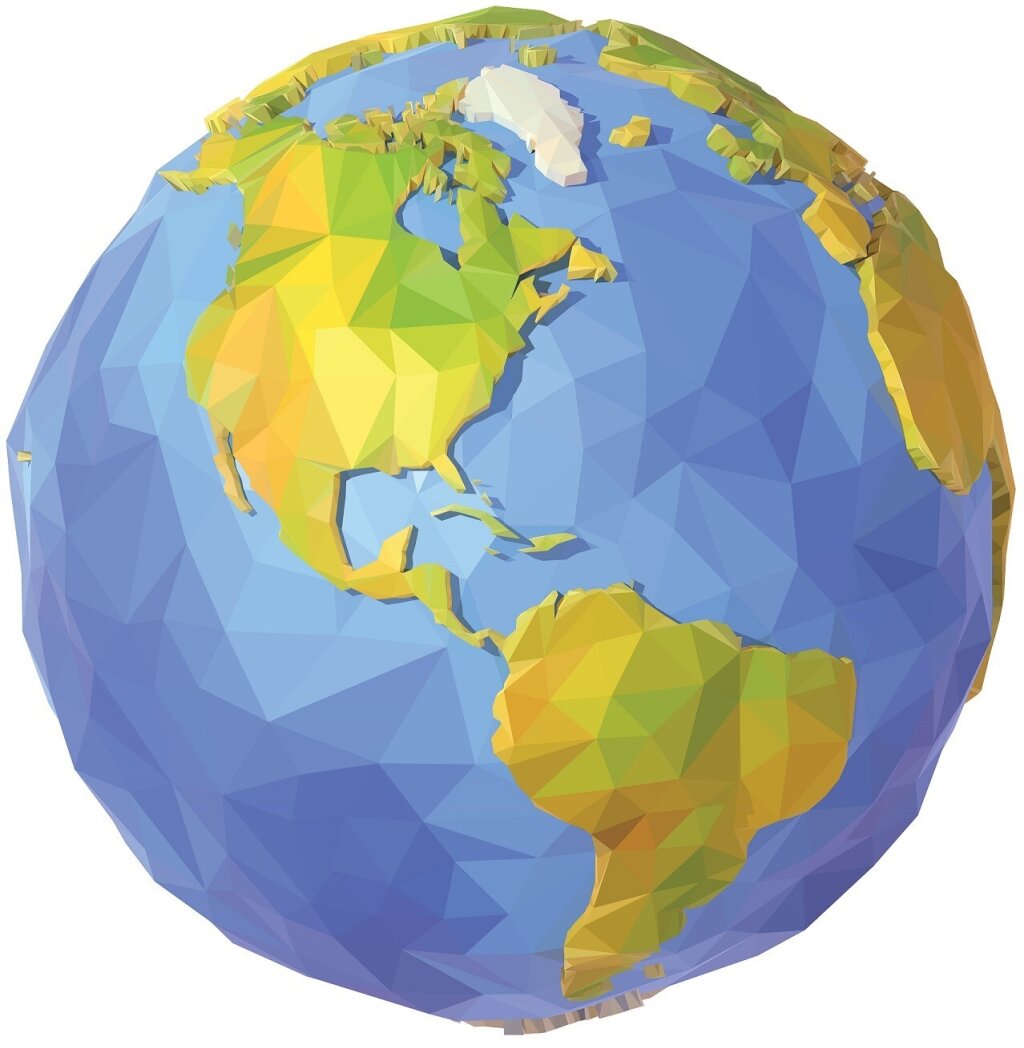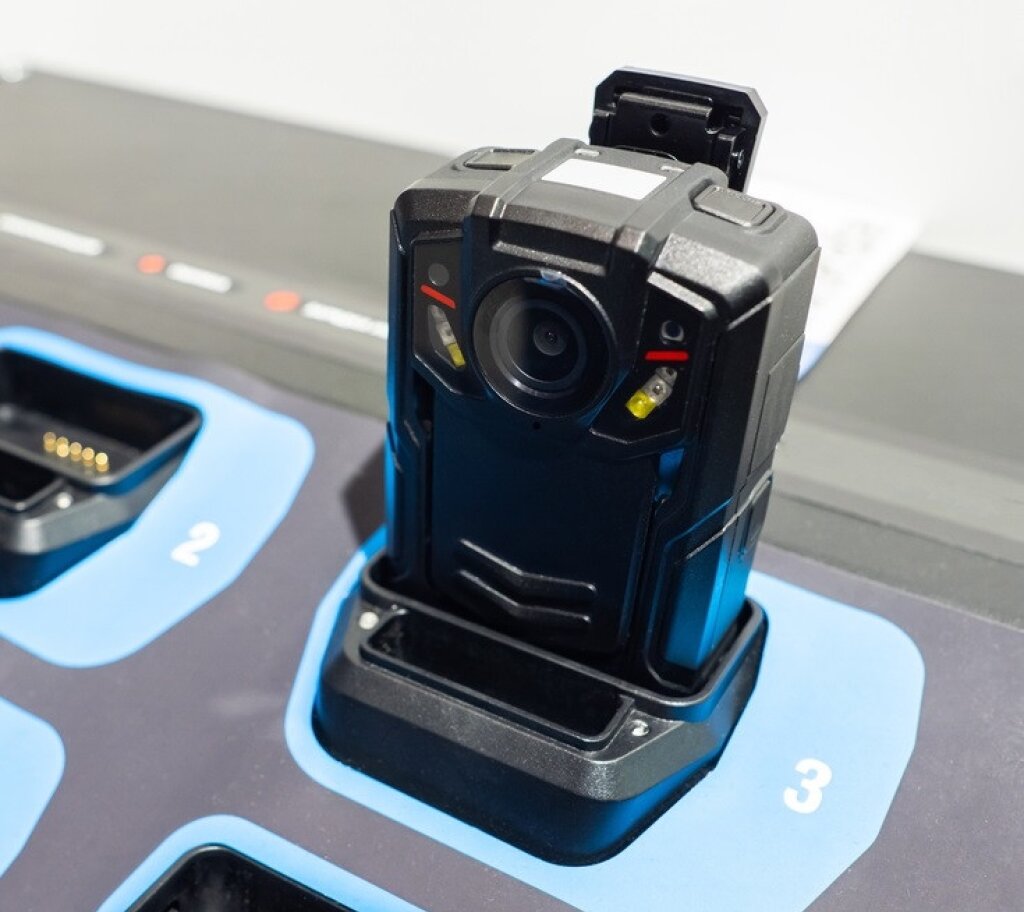Ultimate Guide to Privacy Laws and Video Redaction in North America and South America
As the use of video surveillance continues to expand across both North and South America, so does the focus on protecting individuals' privacy. Privacy laws in these regions vary significantly, reflecting each country's unique approach to balancing security with personal rights.
In North America, the United States and Canada have implemented complex legal frameworks that govern data protection, including the use of video recordings. In the U.S., privacy laws are often sector-specific and vary by state, while Canada enforces a more unified approach with federal and provincial privacy regulations.
South American countries, including Brazil and Argentina, have also made significant strides in privacy legislation. Brazil's General Data Protection Law (LGPD) closely mirrors Europe's GDPR, and Argentina’s Personal Data Protection Law provides strong privacy rights to its citizens.
Across both continents, video redaction has become an essential practice to ensure compliance with these privacy laws. Redacting sensitive information from video footage, such as faces or license plates, is crucial in preventing unauthorised access to personal data and in meeting legal obligations.
This guide explores key privacy laws across North and South America, and highlight best practices for video redaction to maintain compliance while respecting the privacy of individuals captured in video recordings.
Privacy Laws Apply to Footage from all Recording Devices: Redaction is Required by Law
With the increasing use of video surveillance, body cameras and mobile recording devices, the need for safeguarding personal information is more urgent than ever. Global privacy laws have been enacted to regulate the collection, storage and sharing of personal data, ensuring that individuals' rights to privacy are respected.
An essential tool in maintaining privacy in visual media is video redaction, which allows sensitive information - such as faces, license plates and other identifying features - to be obscured or removed from footage.

Privacy Laws in North America
In North America, privacy regulations are often complex and fragmented. The United States does not have a single, overarching federal privacy law. Instead, it relies on sector-specific laws such as the Health Insurance Portability and Accountability Act (HIPAA) for healthcare data and the Children’s Online Privacy Protection Act (COPPA) for children’s data, alongside state-level regulations like the California Consumer Privacy Act (CCPA).
In contrast, Canada has more cohesive privacy legislation with the Personal Information Protection and Electronic Documents Act (PIPEDA), which applies to private-sector organisations across the country, and provincial laws that further strengthen privacy rights in specific regions.
Privacy Laws in South America
South America has seen significant strides in privacy protection, particularly in recent years. Brazil's General Data Protection Law (LGPD) has established a comprehensive framework for data protection, closely aligned with Europe's General Data Protection Regulation (GDPR). This law governs how personal data is processed and gives individuals greater control over their information.
Argentina, one of the first South American countries to enact privacy legislation, continues to protect personal data through its Personal Data Protection Law, which offers strong safeguards and oversight.
Other countries in the region, such as Chile and Colombia, are also developing and updating their privacy laws to meet global standards.
Throughout both continents, the enforcement of privacy laws is becoming increasingly stringent, with governments holding businesses and organisations accountable for how they manage personal data.
North America Privacy Laws are Fragmented
In North America, privacy regulations are more fragmented, with significant differences between the United States and Canada.
United States Privacy Laws
The U.S. does not have a comprehensive federal privacy law. Instead, it operates through a combination of sector-specific regulations and state-level privacy laws. Key federal laws include:
HIPAA (Health Insurance Portability and Accountability Act)
Protects personal health information and regulates how it can be used by healthcare organisations.
HIPAA Privacy and Video Redaction Requirements
HIPAA protects patients' medical information by setting strict privacy and security standards for healthcare organisations. When video recordings are used in healthcare settings, such as for monitoring or telemedicine, these recordings may capture Protected Health Information (PHI).
To comply with HIPAA, any video containing identifiable patient data must be safeguarded, so video redaction becomes essential. Redaction involves obscuring or removing PHI, such as faces or medical details, to prevent unauthorised disclosure.
Healthcare providers must ensure proper redaction of videos before sharing, storing or using them in order to meet HIPAA privacy requirements and avoid violations.
COPPA (Children’s Online Privacy Protection Act)
Governs the online collection of personal information from children under 13.
COPPA Privacy and Video Redaction Requirements
COPPA regulates the online collection of personal information from children under 13, requiring parental consent for data use. When videos feature children, they may contain identifiable information, such as faces or names, that must be protected under COPPA.
Video redaction is essential to obscure or remove such details before sharing or publishing.
Companies must ensure that children's identities are not exposed to unauthorised parties in order to comply with COPPA’s strict privacy requirements.
CCPA (California Consumer Privacy Act)
A leading state-level law in California, giving consumers rights over their personal information, including the right to know what data is collected, the right to request deletion and the right to opt out of data sales. It has inspired other states to adopt similar legislation.
CCPA and Video Redaction Requirements
The CCPA grants California residents control over their personal data, including video footage containing identifiable information. To comply with CCPA, businesses must redact personal details - such as faces, licence plates or other identifiers - from videos before sharing or storing them.
Redaction ensures that individuals' privacy rights are protected, preventing unauthorised access to personal information and avoiding potential legal violations under CCPA.
Many other U.S. states are developing or have enacted their own privacy laws, leading to a patchwork of regulations across the country.
Canada’s Privacy Laws
Canada has a more unified approach to privacy protection with PIPEDA (Personal Information Protection and Electronic Documents Act) as the primary law governing the use of personal information by private-sector organizations.
PIPEDA applies to most commercial activities and requires businesses to obtain consent before collecting, using or disclosing personal data.
Several provinces, such as Quebec, Alberta and British Columbia, have their own privacy laws that work in conjunction with PIPEDA, to provide enhanced protections at the provincial level.
PIPEDA and Video Redaction Requirements
When video recordings contain identifiable information, such as faces, licence plates or other personal data, organisations must take steps to protect this information in compliance with PIPEDA.
Video redaction is essential to remove or obscure personal identifiers before sharing or using the footage. Redaction ensures individuals' privacy is maintained, minimises unauthorised access and aligns with PIPEDA's consent and privacy protection requirements.
South America: Privacy Laws
In South America, privacy laws are becoming more comprehensive, with several countries enacting or updating regulations to align with international standards, particularly the European Union’s General Data Protection Regulation (GDPR).
Brazil’s Privacy Laws
Brazil's General Data Protection Law (Lei Geral de Proteção de Dados, or LGPD) is one of the most significant privacy laws in the region, modelled closely after the GDPR.
The LGPD applies to any entity that processes personal data in Brazil, regardless of where the organization is based. It provides comprehensive rights to individuals, including the right to access, correct and delete personal data, and it imposes strict obligations on organisations regarding how they process and secure data.
Argentina’s Privacy Laws
Argentina has a longstanding privacy framework with its Personal Data Protection Law, one of the first in Latin America. The law grants individuals control over their personal data and imposes obligations on organisations to ensure data security and transparency.
Argentina's law has been recognised as offering an "adequate level" of protection by the European Union, allowing for smoother data flows between the regions.
Chile and Colombia: Privacy Laws
Chile and Colombia are also modernising their data protection frameworks. Chile's Law on the Protection of Private Life is currently under review to align more closely with international standards, while Colombia’s Statutory Law 1581 governs personal data protection and sets out strict requirements for obtaining consent and safeguarding personal information.
South America Video Redaction Requirements
In South America, privacy laws mandate the protection of personal information, including video recordings. When videos capture identifiable data - such as faces or personal details - organisations must implement video redaction to obscure or remove this information before use or distribution.
Redaction ensures compliance with privacy regulations, safeguards individuals' rights and prevents unauthorised disclosure of personal data, while enhancing overall data protection measures.
Key Considerations for Privacy Law Compliance
For businesses operating in North or South America, understanding and complying with these diverse privacy laws is essential. Key considerations include:
Consent
Most privacy laws require organisations to obtain clear and informed consent from individuals before collecting or processing their personal data.Data Subject Rights
Individuals have rights to access, correct, delete or restrict the use of their personal data. Businesses must have mechanisms in place to facilitate these requests.Cross-Border Data Transfers
Organisations must be aware of the restrictions on transferring data across borders, especially when transferring data between countries with differing privacy standards.Data Security
Companies must implement appropriate technical and organisational measures to ensure the security of the personal data they process.
Conclusion
Privacy laws in North and South America reflect the growing importance of personal data protection in today’s digital landscape. While North America presents a more fragmented regulatory environment, with different laws across states and provinces, South America is increasingly adopting comprehensive frameworks modelled on international standards like the GDPR.
Businesses operating across both continents must stay informed of the evolving legal requirements and prioritise compliance to protect individuals' privacy and avoid significant penalties.
Facit’s Video Redaction Tools for Privacy Law Compliance
Video redaction tools are essential for organisations seeking to comply with privacy laws around the world.
Facit’s Identity Cloak automatically identifies and obscures sensitive information, such as faces, license plates and other personal identifiers, in video footage.
By employing advanced technologies, artificial intelligence and machine learning, Identity Cloak enhances accuracy and efficiency in the redaction process. Organisations can manage compliance easily by ensuring that only non-identifiable content is shared or stored.
A proactive approach to compliance not only mitigates legal risks but also fosters trust with clients and the public by demonstrating a commitment to protecting personal privacy.
Related articles
We have written a guide to European Privacy Laws and the requirements for video redaction.
Find out about Europe’s privacy laws.
Fill in the form below and someone from our team will get in touch with you.



